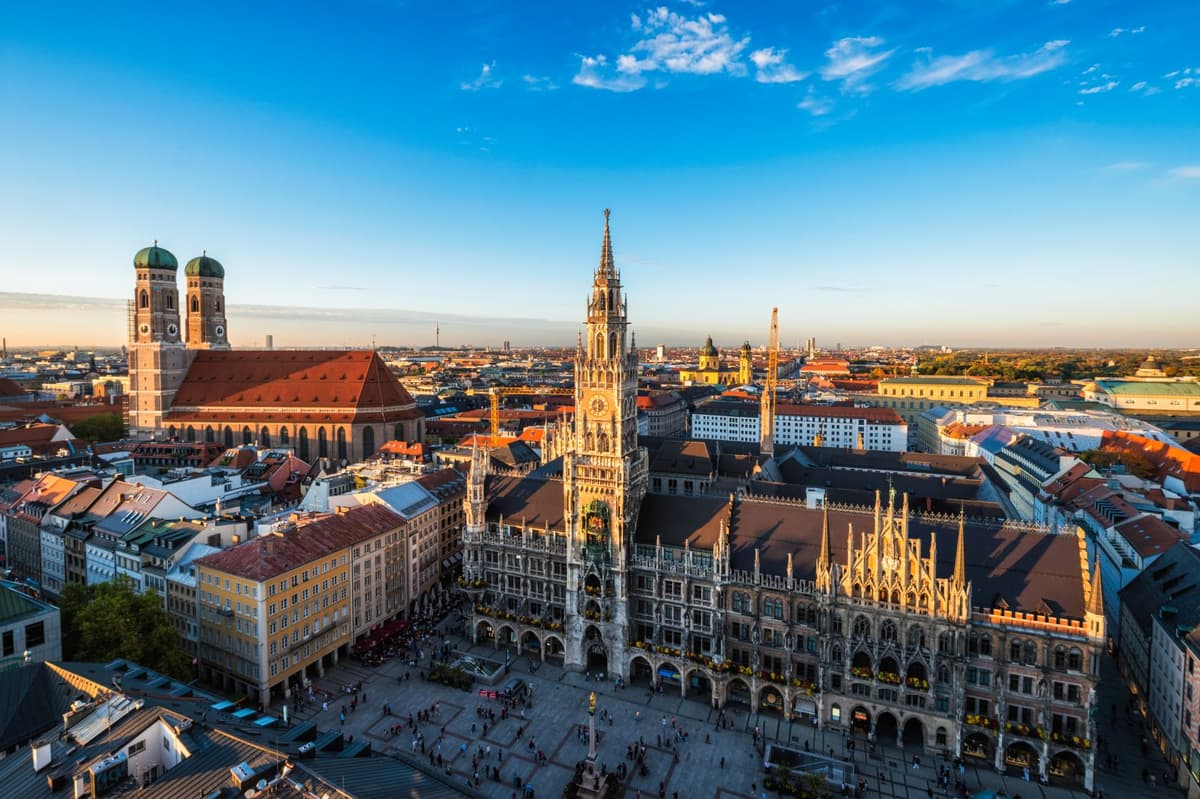New Alentejo Development to Feature 23 Bioclimatic Modular Homes
A new residential project has been announced for the municipality of Santiago do Cacém, in the Alentejo region, which will feature modular homes with bioclimatic architecture integrated into a collaborative community. The project involves three partners for the development of the houses: Kinterra, a company specializing in technological solutions for affordable housing in rural and peri-urban contexts; CRU atelier, an award-winning Portuguese architecture studio specializing in sustainable design; and Enklava, a regenerative housing developer. The initiative is presented as an alternative model to address Portugal's housing affordability crisis.
The announcement comes as recent Eurostat data indicates Portugal has experienced the highest housing price increase in the European Union, with a 130% rise over 15 years. The project, located in the village of Abela, aims to provide a sustainable and cost-effective housing solution. The plan is designed by CRU atelier, with a projected completion date at the end of 2026.
The environmental standards for the project are a central feature. The homes will be modular and constructed using local, low-environmental-impact materials, a method intended to lower costs while maintaining quality. The development is designed to operate as a self-sufficient community, incorporating its own energy micro-grids, water harvesting systems, and areas for community food production. Advanced sensors will be installed to monitor resource consumption and local biodiversity.
The project will utilize sustainable materials and construction practices throughout its development. The bioclimatic design of the homes aims to maximize energy efficiency by working in harmony with the local climate, reducing the need for artificial heating and cooling. This focus on green building practices is a core component of the partners' response to what they describe as a “social and ecological” crisis, not just an economic one.
Need Expert Guidance?
Get personalized insights from verified real estate professionals, lawyers, architects, and more.
A unique aspect of the project is its governance and ownership structure. The land will be managed by the Traditional Dream Factory (TDF), a non-profit organization and the first project of the OASA network. OASA is a Web3-based network based in Switzerland that creates regenerative living spaces and protects nature through collective land management and decentralized governance. This legal framework is designed to ensure the land is used for shared benefit and collective responsibility, protecting it from market speculation and preserving long-term affordability.
To support the social framework of the community, the project is collaborating with Village Portal, a Norwegian collective. Starting in October, they will launch a six-month co-living program on-site. This program will include workshops focused on developing financial models, cultural agreements, and a community governance structure for the future residents. The founders describe the initiative as a “living laboratory” with the potential for its model to be replicated in other countries.
The houses are not for sale. They are intended to welcome residents and visitors to this co-living and co-working community and to host guests (eco-tourism). There were no specific government incentives mentioned in the announcement, but the project aligns with broader European goals for sustainable development and housing innovation. The cost implications for residents were not detailed, but the use of modular construction and low-impact materials is intended to make the homes more accessible than conventional builds.
Discover eco-friendly properties and green developments at realestate-lisbon.com.





